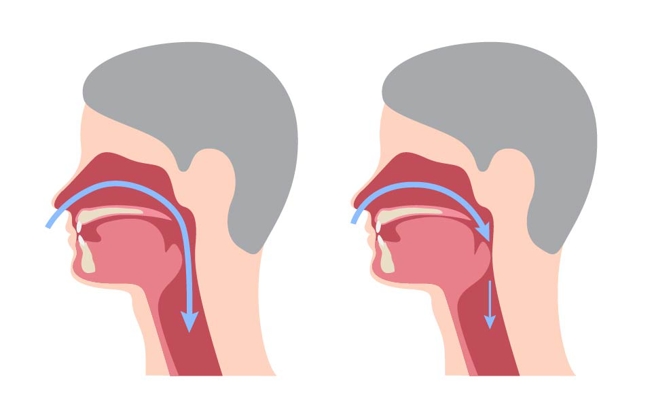What is Peripheral Artery Disease (PAD)?
- Category: Heart Health
- Posted On:
Understanding Peripheral Artery Disease (PAD)
Peripheral artery disease (PAD) is a condition that happens when there is a buildup of plaque in the arteries that carry blood to various parts of the body, including the head, organs, and limbs. This plaque is typically made up of a combination of cholesterol, fat, and fibrous tissue but can also include other substances found in the blood.
Once this plaque hardens, it has the potential to cause your arteries to become narrow, limiting your blood flow to your organs and limbs. In more severe cases, this can even cause gangrene (tissue death) and even the need for amputation of the affected limb.
As a condition that can often go undiagnosed, it is important that you know who is at an increased risk for the condition as well as the signs that may point to PAD.
Who is at Risk of developing PAD?
Smokers
Smoking cigarettes is the main risk factor when it comes to developing peripheral artery disease, leaving smokers and those who have a history of smoking at the highest risk for developing the condition. Quitting helps to slow down plaque buildup that causes the narrowing of your arteries.
Health Conditions
Having certain health conditions also puts you at an increased risk of developing PAD. These include:
- High blood pressure
- Diabetes
- Atherosclerosis
Seniors
Older people are also at an increased risk of developing peripheral artery disease. According to the CDC, more than 8.5 million Americans over the age of 40 have PAD.
Signs and Symptoms
Although many people who develop PAD go without symptoms, there are some symptoms that may suggest an artery blockage. These symptoms may include:
- Pain, numbness, or heaviness of a limb.
- Weak or absent pulse in the legs or feet.
- Sores or wounds on the lower legs or feet that heal slowly or not at all.
- A pale or bluish appearance to the skin.
- A noticeable lower temperature to the affected limb.
- Poor nail growth.
- Decreased hair growth to the affected area.
- Erectile dysfunction.
Cardiovascular Care in Titusville
When it comes to supporting your cardiovascular health, it is important to find a specialist you can depend on. The Cardiovascular Team at Parrish Medical Center has a proven quality and safety track record in the prevention, diagnosis, treatment and rehabilitation of heart, pulmonary (lungs), and vascular conditions.
To schedule a Free PAD screening, call Parrish Medical Center scheduling at 321-268-6111 ext. 7257 to make an appointment. Learn more information about our cardiovascular services and take our Heart Risk Assessment today.


